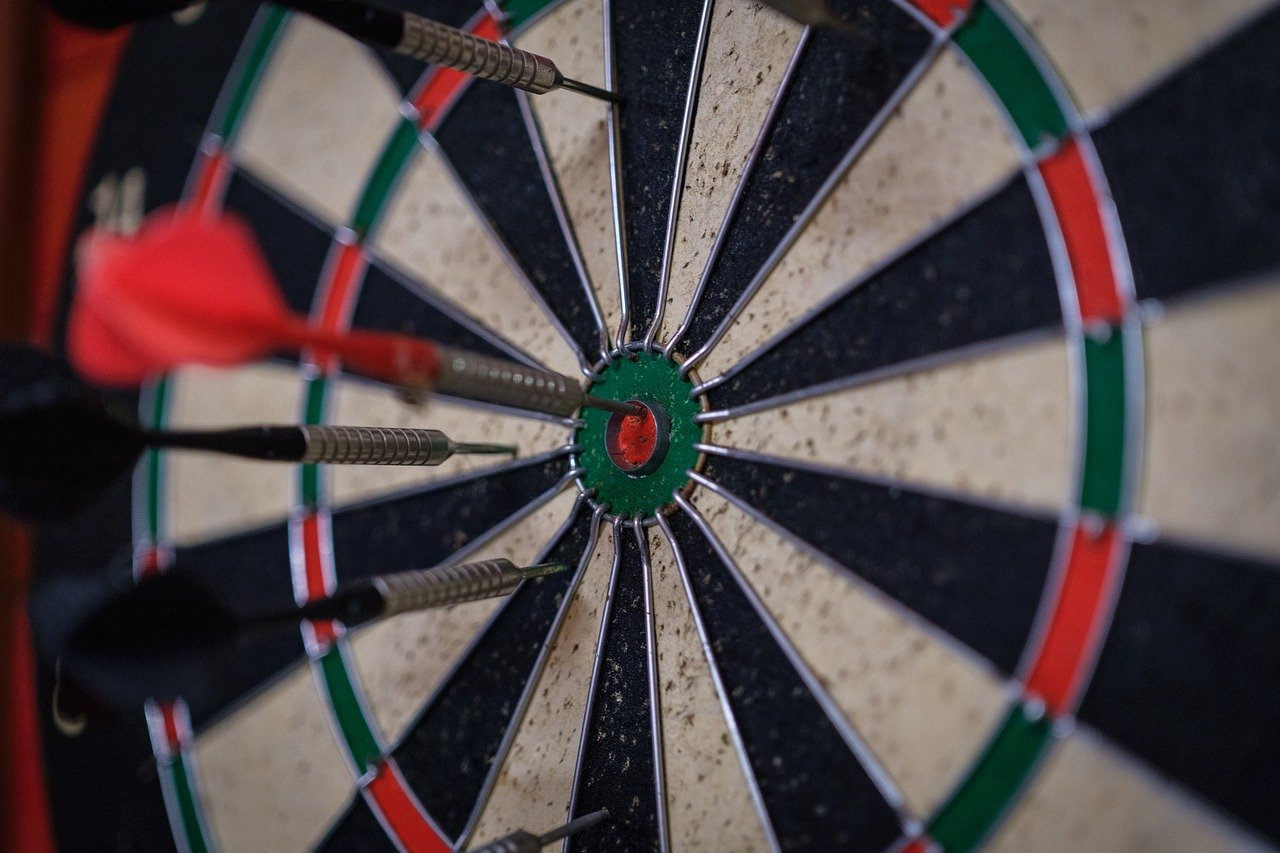Enhancing Defense Logistics with IoT and Sensor Technologies: My 99 exch, Laser book 247 com registration, Yolo247 club login
my 99 exch, laser book 247 com registration, yolo247 club login: Enhancing Defense Logistics with IoT and Sensor Technologies
In today’s fast-paced world, the defense industry must constantly adapt and evolve to stay ahead of potential threats. One of the most significant advancements in recent years has been the integration of Internet of Things (IoT) and sensor technologies into defense logistics processes. By leveraging these innovative technologies, defense organizations can streamline their operations, improve efficiency, and enhance overall security.
IoT and sensor technologies play a crucial role in defense logistics by providing real-time visibility into the movement of goods, equipment, and personnel. These technologies enable defense organizations to track and monitor assets throughout the supply chain, from procurement to distribution. By collecting and analyzing data from IoT devices and sensors, defense organizations can optimize their logistics operations, identify potential bottlenecks, and make informed decisions to improve efficiency and reduce costs.
One of the key benefits of IoT and sensor technologies in defense logistics is enhanced visibility and transparency. By deploying IoT devices and sensors on assets such as vehicles, containers, and weapons systems, defense organizations can track their location, condition, and performance in real-time. This visibility allows defense organizations to better plan and coordinate their logistics operations, anticipate potential issues, and respond quickly to unforeseen events.
Another major advantage of IoT and sensor technologies in defense logistics is improved asset management and maintenance. By using IoT devices and sensors to monitor the health and performance of equipment, defense organizations can proactively identify maintenance needs, schedule repairs, and prevent costly breakdowns. This proactive approach to asset management helps defense organizations maximize the lifespan of their equipment, reduce downtime, and ensure mission readiness.
Furthermore, IoT and sensor technologies enable defense organizations to enhance security and mitigate risks in their logistics operations. By integrating sensors with security systems and surveillance cameras, defense organizations can monitor sensitive areas, detect unauthorized access, and respond to security threats in real-time. These technologies also enable defense organizations to verify the authenticity and integrity of shipments, track chain of custody, and prevent theft or tampering.
Overall, the integration of IoT and sensor technologies into defense logistics is revolutionizing the way defense organizations plan, execute, and manage their operations. By leveraging these technologies, defense organizations can enhance visibility, improve efficiency, optimize asset management, and enhance security in their logistics processes. As defense organizations continue to adopt and embrace IoT and sensor technologies, they will undoubtedly gain a competitive edge and strengthen their capabilities to address emerging threats and challenges.
—
Headings:
– The Role of IoT and Sensor Technologies in Defense Logistics
– Enhancing Visibility and Transparency
– Improving Asset Management and Maintenance
– Enhancing Security and Mitigating Risks
– The Future of Defense Logistics with IoT and Sensor Technologies
– Conclusion
—
FAQs:
Q: How do IoT and sensor technologies benefit defense logistics?
A: IoT and sensor technologies provide real-time visibility, improve asset management, enhance security, and streamline operations in defense logistics.
Q: What are some challenges associated with implementing IoT and sensor technologies in defense logistics?
A: Challenges may include data privacy concerns, cybersecurity risks, interoperability issues, and upfront costs of implementation.
Q: How can defense organizations ensure the successful adoption of IoT and sensor technologies in their logistics operations?
A: Defense organizations can ensure successful adoption by conducting thorough research, investing in training and education, collaborating with technology partners, and implementing robust security measures.
Q: What are some potential future applications of IoT and sensor technologies in defense logistics?
A: Future applications may include autonomous vehicles, predictive maintenance, blockchain integration for secure data sharing, and AI-powered analytics for smarter decision-making.







